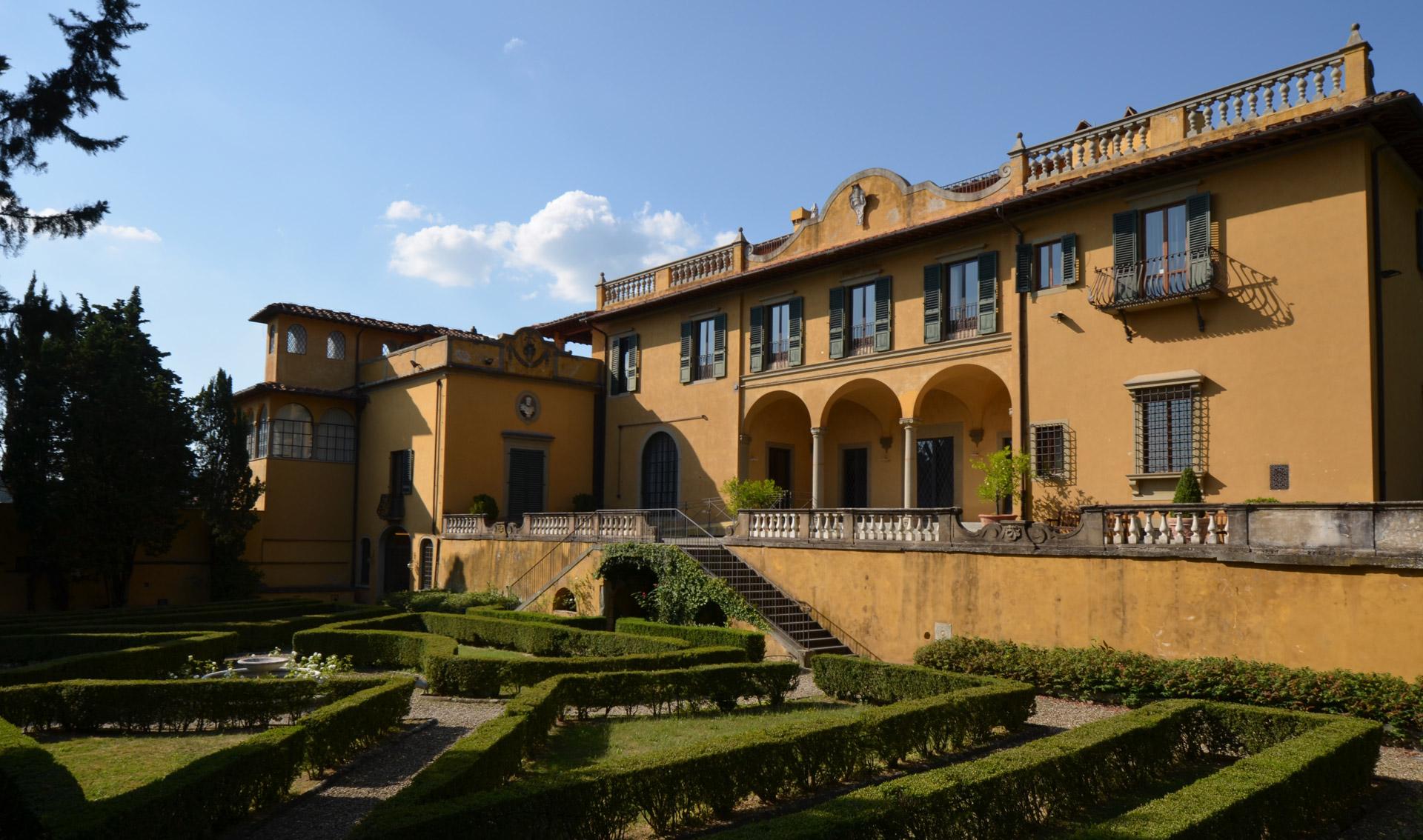
Read more
Blog, Mobility Practices and Processes
More pathways for migrants to Europe can foil people smugglers – border clampdowns will not
The ongoing migration and refugee crisis tops the agenda at a meeting of EU political leaders in the Maltese capital, Valletta. Malta’s prime minister, Joseph Muscat, captured the urgency of the situation when he...
Earlier this month experts from around the world gathered at The Hague Institute for a two-day workshop on global migration governance as part of the Global Governance Reform Initiative (GGRI). The GGRI is a joint project between The Hague Institute, the Netherlands Ministry of Foreign Affairs and the Observer Research Foundation (New Delhi) that seeks to analyse the deficiencies of the current international system in key areas of governance and propose policies and initiatives for improvement. The aim of the workshop was to facilitate policy-relevant research that could lead to innovative solutions for some of the main challenges faced in relation to migration at the global, regional and local level, with a particular focus on vulnerable migrants. The research presented ranged from analysis of the current so-called ‘migration crisis’, exploring data from Greece and Turkey, to the review of migration management in regions such as South Asia, the African Great Lakes and South America.
Discussion focused on the deficiencies of the EU-Turkey deal and the failure of Europe’s short-term responses; how European states are bypassing their responsibility to protect migrants at sea; responses to migrant and refugee settlement in cities; and regional responses to migration. We shared our frustrations about the current scenario characterised by ever-increasing anti-immigrant sentiment and framed by the rise of populisms in times of Brexit and the election of Donald Trump as US president. Moreover, alongside the feelings of despair was a perception that there is limited scope for finding innovative solutions to the pressures of migration as the ‘new normal’. Of course that is hardly surprising. If the UN’s Global Forum on Migration and Development that took place this month in Bangladesh was unable to find answers, perhaps it would have been overly optimistic to believe that we could do so.
This lack of answers, however, allowed us to explore four issues that can help us understand the challenges and limitations of current dialogues:
The exacerbated eurocentrism of migration debates

It’s true that increasing numbers of migrants and asylum seekers have come to Europe from the beginning of 2015 and throughout 2016. Europe has reacted by re-imposing border controls and increasing restrictions regarding arrival and settlement. The world media, politicians and the public have spoken in terms of crisis (either the migration or the refugee crisis, depending on the connotation given). However, there has been very little acknowledgment of the fact that the refugee crisis is not new or limited to Europe. We are indeed witnessing the largest number of displaced people since World War II. However, for more than five years conflicts in various regions have erupted or reignited, creating large displacements. Moreover, developing countries have been hosting around 80% of the world’s refugees for years. What is even more catastrophic is that two thirds of the refugee population lives in protracted situations, with people being born, growing up and living for long periods in refugee camps. That is a real crisis.
The need to extend the debate to other audiences
One of the participants noted that the workshop was like a Facebook page: we all liked our interventions and shared our views. This tendency to engage predominately with likeminded people has been identified as a factor in the UK’s Brexit vote and the US election, but it also applies to discussions on migration. During the two-day workshop we did not hear a dissident voice among the participants, neither did we explore the perceptions of those living in receiving countries. This highlights what some scholars have been saying for a while: we need to find other venues in which to disseminate our research and to demystify assumptions about migration. At the same time, we raised the question about communication between policy makers and researchers. How much research-based material do policy makers use? We presume that it’s very little.
We need to engage with other regions
If we really want to foster a global discussion about migration, it’s crucial that we engage with other regions. This engagement should not only consider how to tackle the roots of migration (aka, how to keep migrants out of Europe), but also explore non-European regional responses and examples of effective collaboration at different levels (north-south and south-south and everything in between). It is well known that many destination countries need to boost their labour force in light of ageing populations and depopulation in some areas. In order to avoid irregular immigration, countries have increased their temporary worker schemes. Together with the benefits for sending and receiving countries we need to prioritise the labour and human rights of the migrants involved, as well as to explore other governance approaches developed at regional and sub-regional level (such as the Internally Displaced Persons protection schemes in Africa’s Great Lakes Region, the promotion of migration as core to the social agenda of integration in South America and some dialogue initiatives in Asia). We are aiming to contribute to the debate on the dynamics of regional migration governance in the upcoming MIGPROSP Workshop.
When are we going to talk about integration?

The final issue bears on what we understand by migration governance. During the last couple of years the global focus has been on how to control and manage migration flows. In Europe, the United States and Australia we have seen an increasing rhetoric of deterrence as response to this ‘new normal’. Is control the only means of governance? So far, integration has been conspicuously absent from discussions of the migration crisis in Europe and of possible solutions. For all Europe’s efforts to deter and expel migrants, people will find new means of mobility and new ways to stay. Sooner or later we need to start talking about integration and to realise that the current migration crisis is not one of numbers or a threat to national values: it is a crisis of privileges.
—
The EUI, RSCAS and MPC are not responsible for the opinion expressed by the author(s). Furthermore, the views expressed in this publication cannot in any circumstances be regarded as the official position of the European Union.

